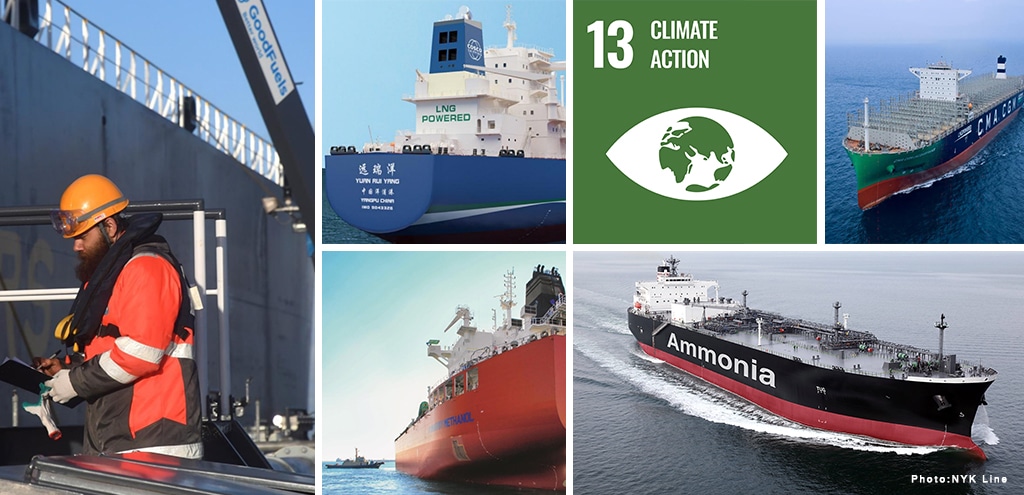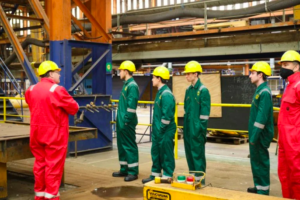IMO symposium looks for pathways to shipping’s decarbonisation

Various low- and zero-carbon marine fuels will allow shipping to meet its emissions targets, but more work is needed to address availability, safety and other issues says the International Maritime Organisation (IMO).
The state-of-play of low and zero-carbon fuel options to ensure shipping’s path to decarbonisation was set out in an online symposium earlier in February. Speakers from industry and governments outlined the different fuel options available to owners and operators which will allow the maritime sector to meet targets set out in the Initial IMO Strategy on reduction of GHG emissions from ships.
Presentations looked at research and innovation concerning a wide range of alternative fuels. Strong candidates which are already being trialed on ships include hydrogen, ammonia and methanol. Wind-propulsion was also highlighted.
“To reach a low- and zero-carbon future for shipping, we will need new technologies, new fuels and innovation,” IMO secretary general Kitack Lim said in his opening remarks. “Exciting research and development into low- and zero-carbon marine fuels is already underway.
“IMO wants to further accelerate such initiatives by providing the global forum for sharing knowledge, to promote R&D, and to build partnerships between stakeholders, among public and private sectors, not only in the shipping industry and ports but also private and development banks, and academia at international, national and local levels.”
The symposium highlighted the need to discuss and address industry-wide safety concerns around the use, bunkering and storage of emerging fuels, given the varying characteristics of each individual fuel. Multiple speakers highlighted the need for an intensified effort to further developing the International Code of Safety for Ships using Gases or other Low-flashpoint Fuels (IGF Code), in order to keep pace with new fuels making their way on to the market.
Crew training on safe handling of alternative fuels was also emphasised, as individual fuels have different requirements for temperature, viscosity, onboard storage and engine operations.










